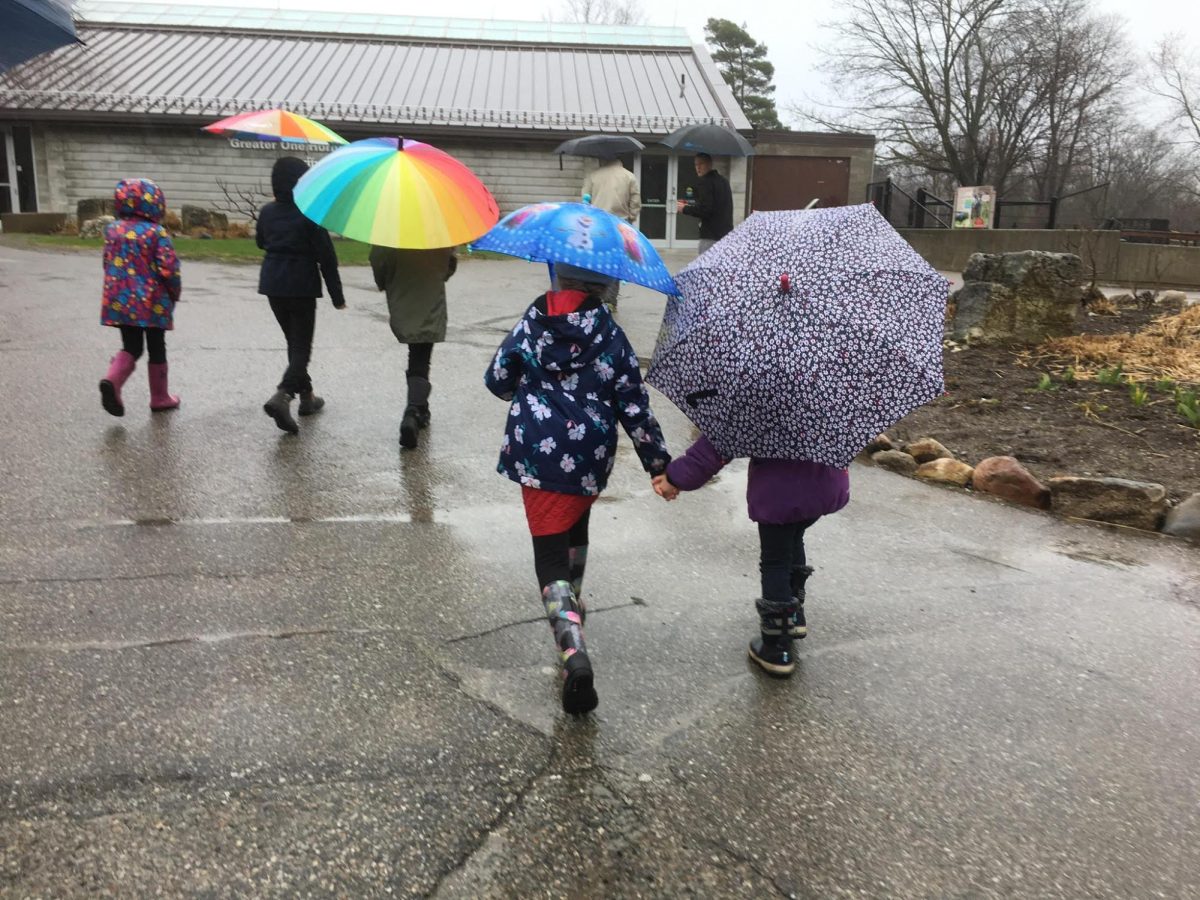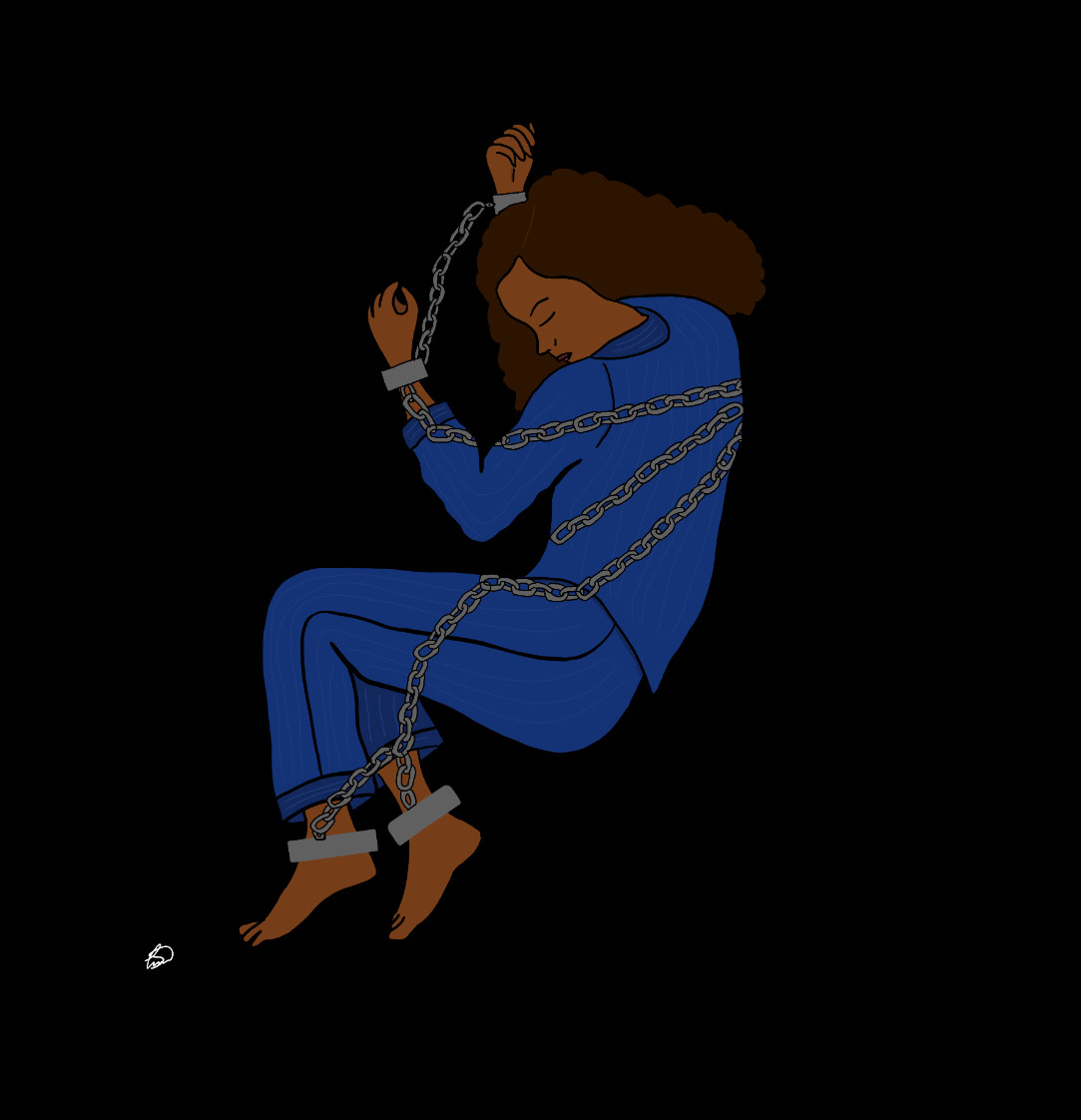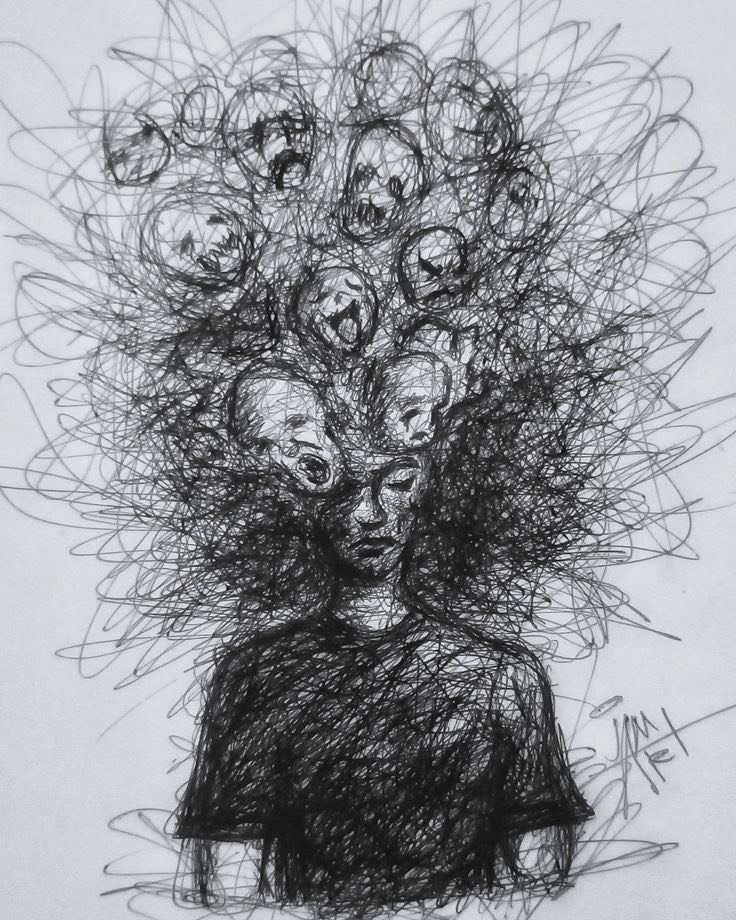Everyone has heard at one time or another that mental health crises are rising in today’s youth. While the stigma has been reduced significantly over the years, it has not disappeared. This has led to many young people not seeking the help they need.
In an email exchange, Dr. Annie Yu, a third-year psychiatry resident at Sunnybrook Health Sciences Centre, shares her insights into youth mental health. “Some of the most common mental health challenges that young people are struggling with include anxiety, depression, and ADHD. I also see many youths who have a hard time with emotional regulation, with their eating, and/or with substances,” she says.
While the discussion of mental health has seen leaps and bounds of improvement, it can still be difficult to tell what is typical teenage angst, and what is a crisis. “A young person who is struggling with their mental health might become more isolated and avoid friends or family that they usually talk to,” says Dr. Yu on early warning signs. “They may also seem really down, express more frequent or intense worries, engage in risky activities or behaviour that are out of character for them, and have changes in their usual habits or routines, especially with sleeping and eating.”
After discussing common mental health challenges and the signs often associated with them, Dr. Yu goes on to discuss possible solutions as well as gaining awareness, “I think having more input from young people who have lived experiences with mental health challenges or accessing mental health care is really helpful!”
“Mindfulness is a great practice that can help with ADHD, anxiety, depression, and some of the other mental health challenges; it encourages you to pay attention to the present moment. There are apps and videos online, many that are free, that can guide you through a meditation session,” she says, encouraging students to use the resources that are available to help mitigate their struggles.
“Youth mental health is intricately tied to family and school support,” she says when looking to the future of youth mental health and conversations surrounding accessibility and awareness. “I believe there should be more focus on fostering awareness of youth mental health among adults/families as well.”
Dr. Yu also emphasizes the existing resources for youth to seek mental health help, such as Kids Help Phone, What’s Up Walk-in, and Youth Wellness Hubs (drop in counselling). In today’s world, increasing awareness and accessibility to resources can help reduce the stigma around mental health and encourage youth to seek the help they need.
Kids Help Phone: https://kidshelpphone.ca/
What’s Up Walk-in: https://www.whatsupwalkin.ca/
Youth Wellness Hubs (drop in counselling): https://youthhubs.ca/








